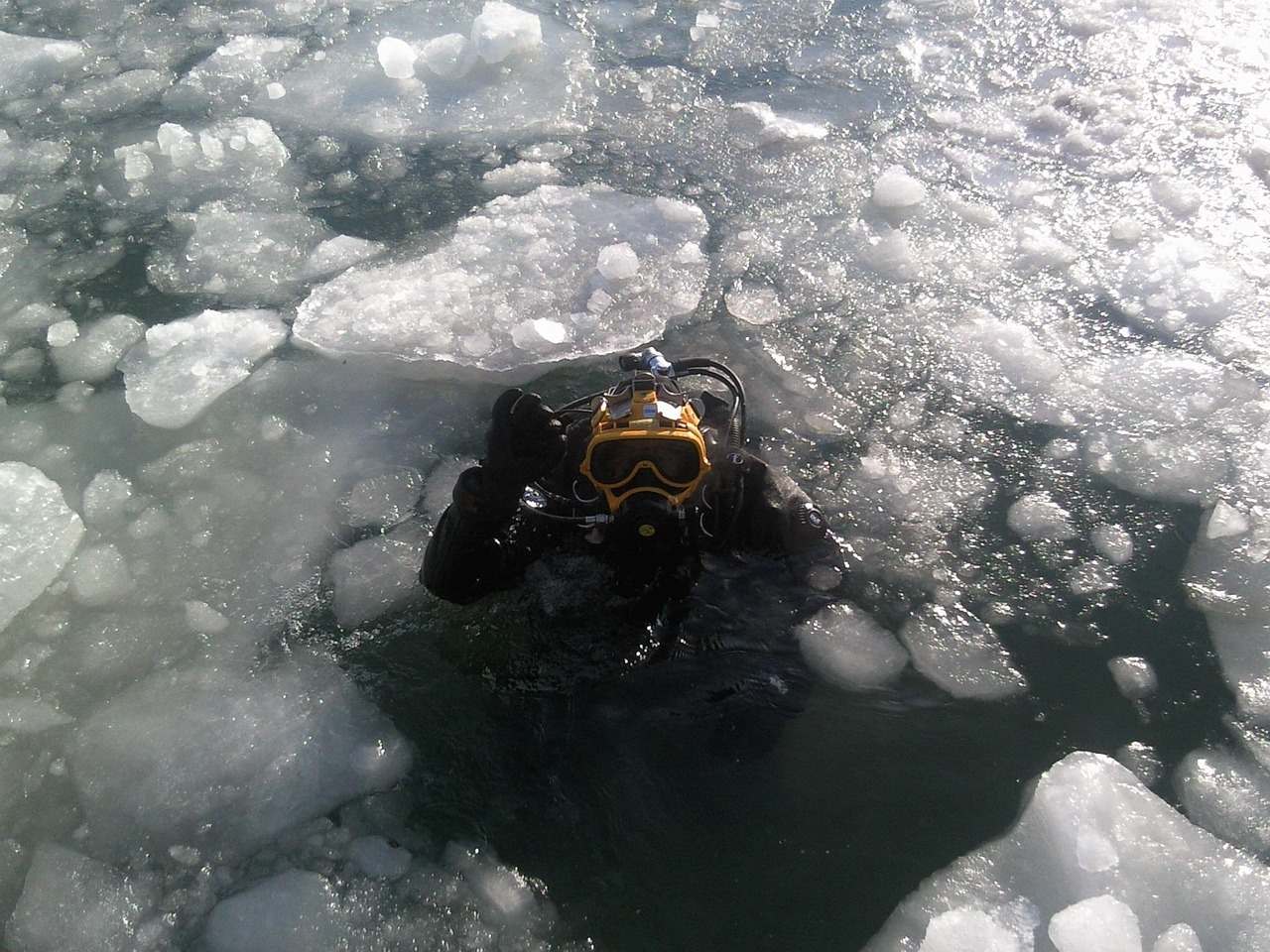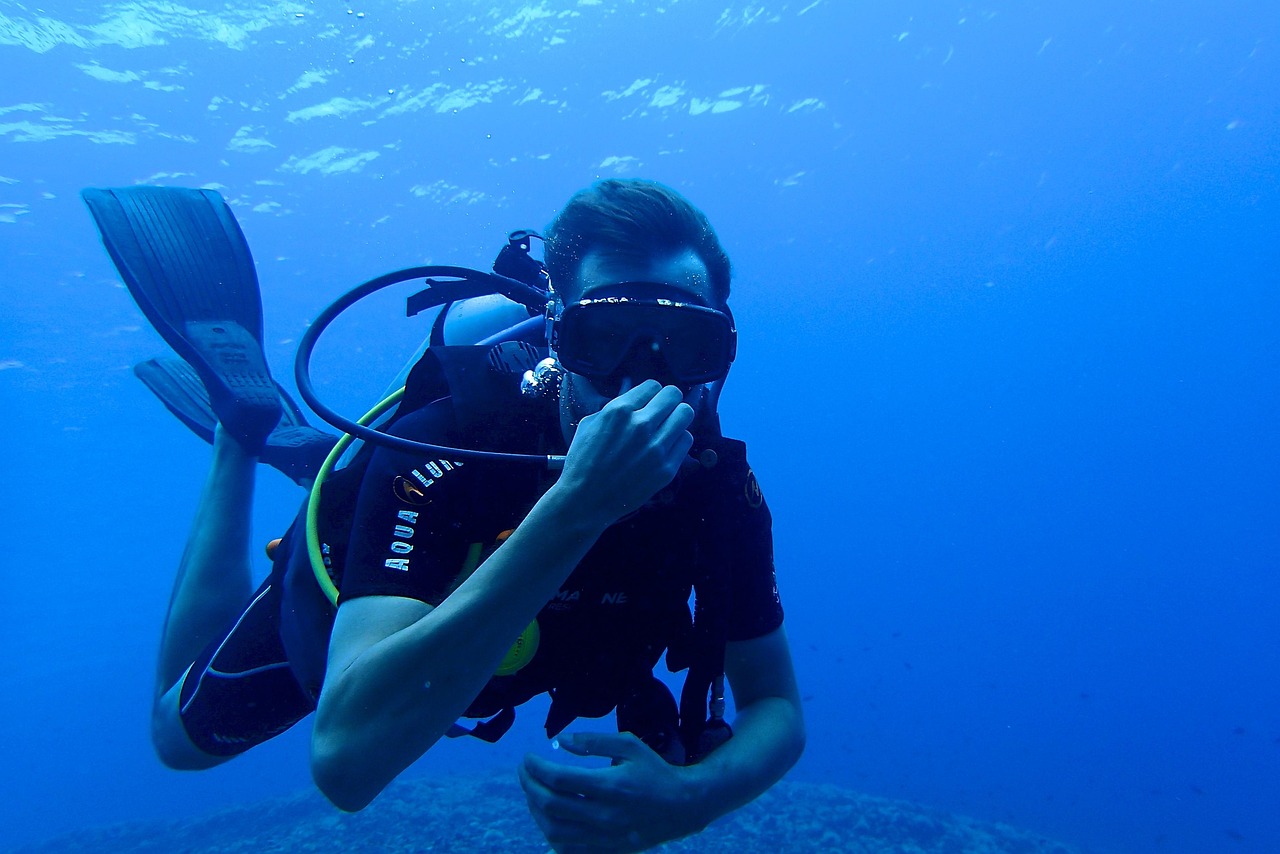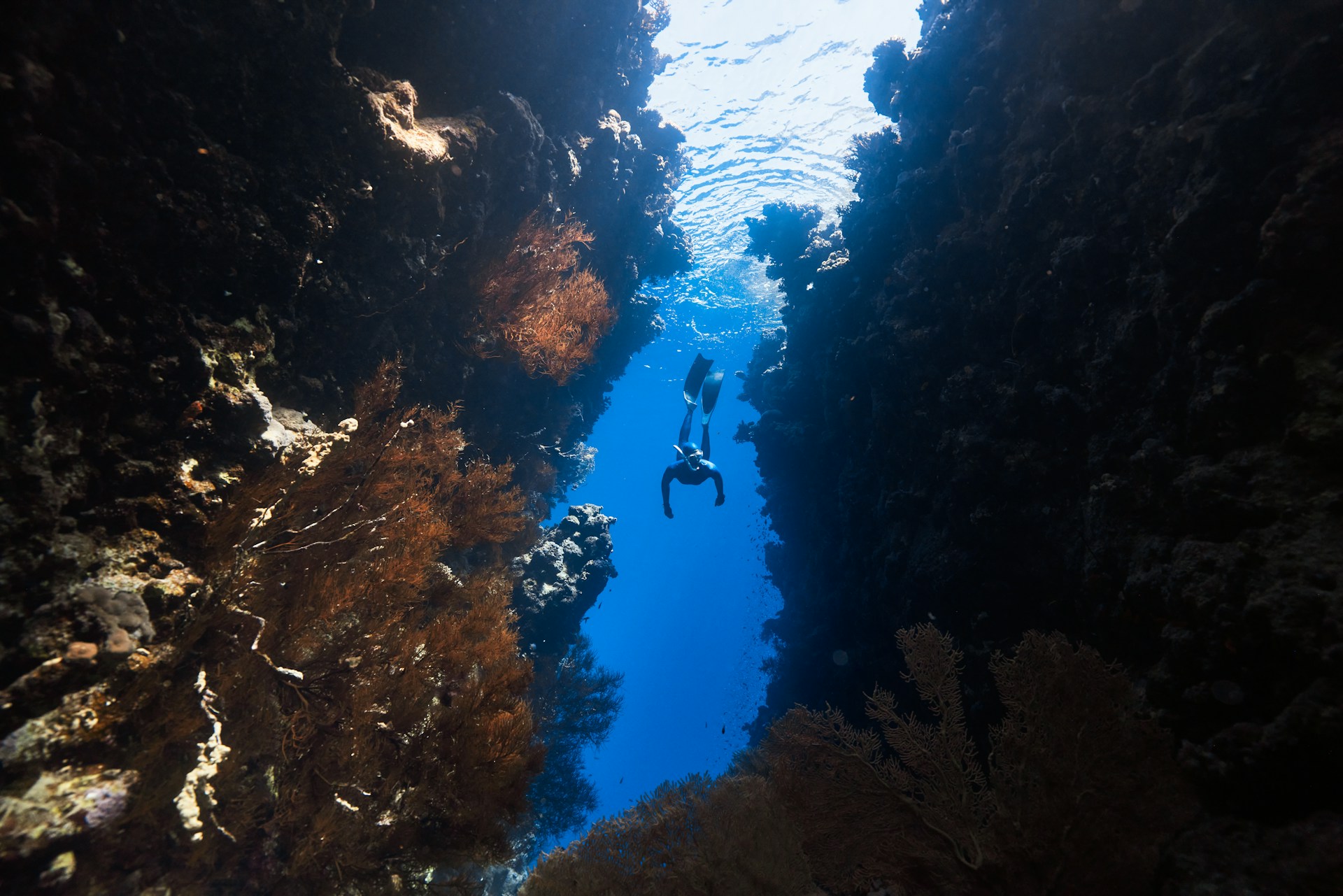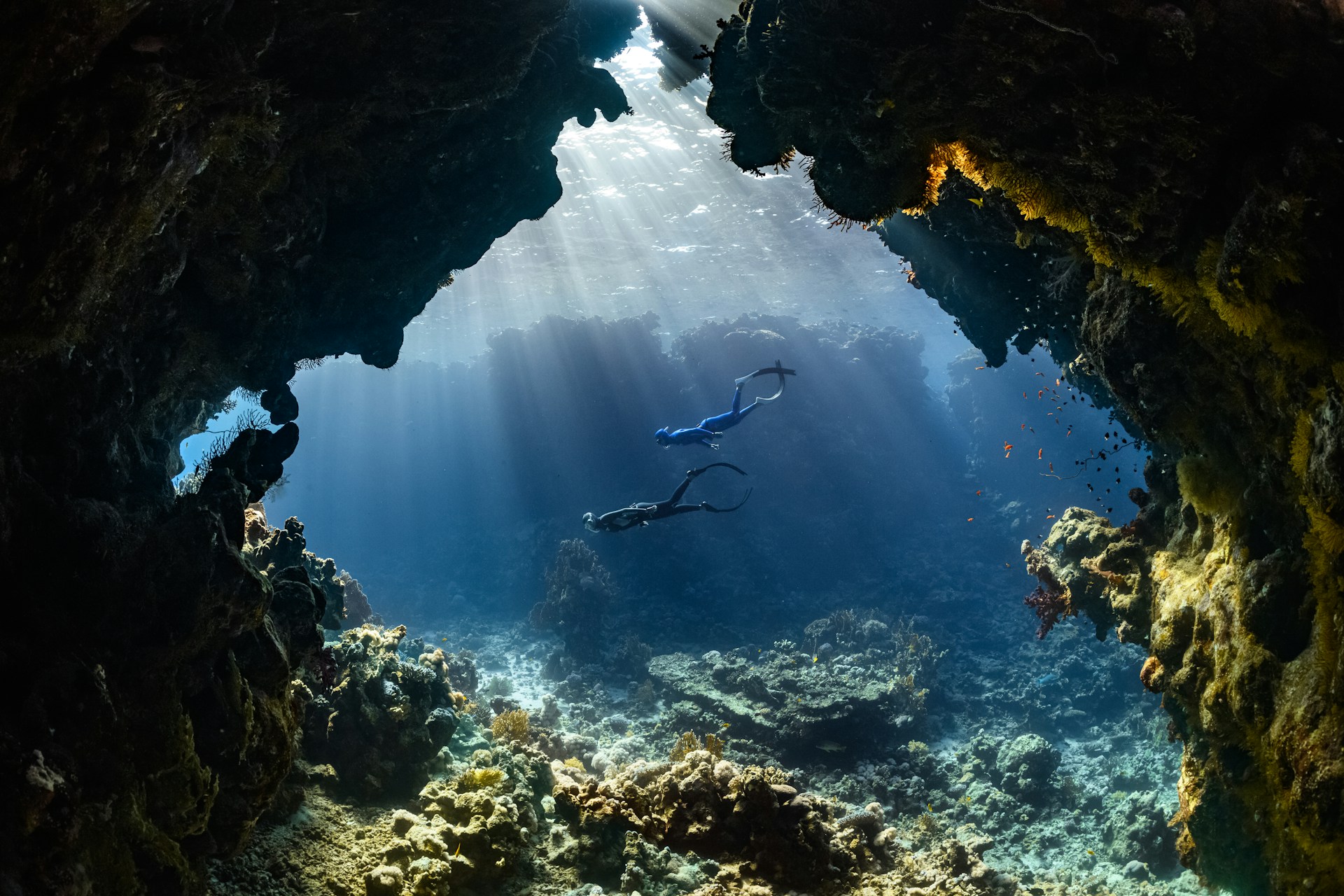On Jeju Island, roughly 80 kilometers south of mainland South Korea, lives a community of extraordinary women known as the Haenyeo, or “women of the sea.” These divers are renowned for their ability to free dive to depths of 10 to 20 meters in icy waters—sometimes spending up to seven hours a day harvesting shellfish, seaweed, and crustaceans—all without the aid of scuba gear, and all while navigating the dangers of jellyfish and sharks.
The Haenyeo, often referred to as the “mermaids of Korea,” perform their demanding work year-round, even when the water temperature drops to a frigid 10°C. What allows them to endure such extreme conditions? According to a recent scientific study, part of the answer may lie in their genes.
Before each dive, these women carry out rituals to honor the sea goddess Jamsugut, seeking protection and a successful catch. UNESCO recognizes this centuries-old tradition as Intangible Cultural Heritage, categorizing the Haenyeo based on experience: hagun (beginners), junggun (intermediate), and sanggun (experts).
While the tradition was initially male-dominated, particularly before tourism developed on the island, it is now upheld almost exclusively by women. The physical demands of their work, combined with the extreme environment, have drawn scientific attention to whether their abilities are purely a result of lifelong training—or if there is a biological factor at play.
Dr. Melissa Ann Ilardo, a geneticist and assistant professor of biomedical informatics at the University of Utah, led a study aimed at uncovering this mystery. The research involved three groups of women: 30 active Haenyeo, 30 women from Jeju who did not dive, and 31 women from mainland South Korea. The average age across all participants was 65.
The study measured heart rate, blood pressure, and notably, spleen size—a critical factor in free diving. The spleen plays a key role in supplying extra oxygen to the bloodstream under stress, such as during extended breath-holding underwater.
Researchers also collected blood samples to sequence the participants’ genomes, creating detailed genetic profiles. The findings, published in the journal Cell Reports, revealed a fascinating discovery: women from Jeju, whether they practiced diving or not, were four times more likely than their mainland counterparts to carry a genetic variant associated with lower blood pressure.
This variant may provide the Haenyeo with a physiological edge when diving in extreme conditions, enabling better oxygen conservation and reduced cardiovascular strain during prolonged dives.
While training and experience undeniably shape the Haenyeo’s extraordinary abilities, the study suggests that genetic adaptation may also play a significant role in their resilience. This insight not only highlights the unique biology of the Haenyeo but also opens new avenues for understanding human adaptation to extreme environments.
The research offers a compelling look into how tradition, environment, and evolution can intertwine, preserving a practice that continues to define the cultural identity of Jeju Island’s remarkable “women of the sea.”



